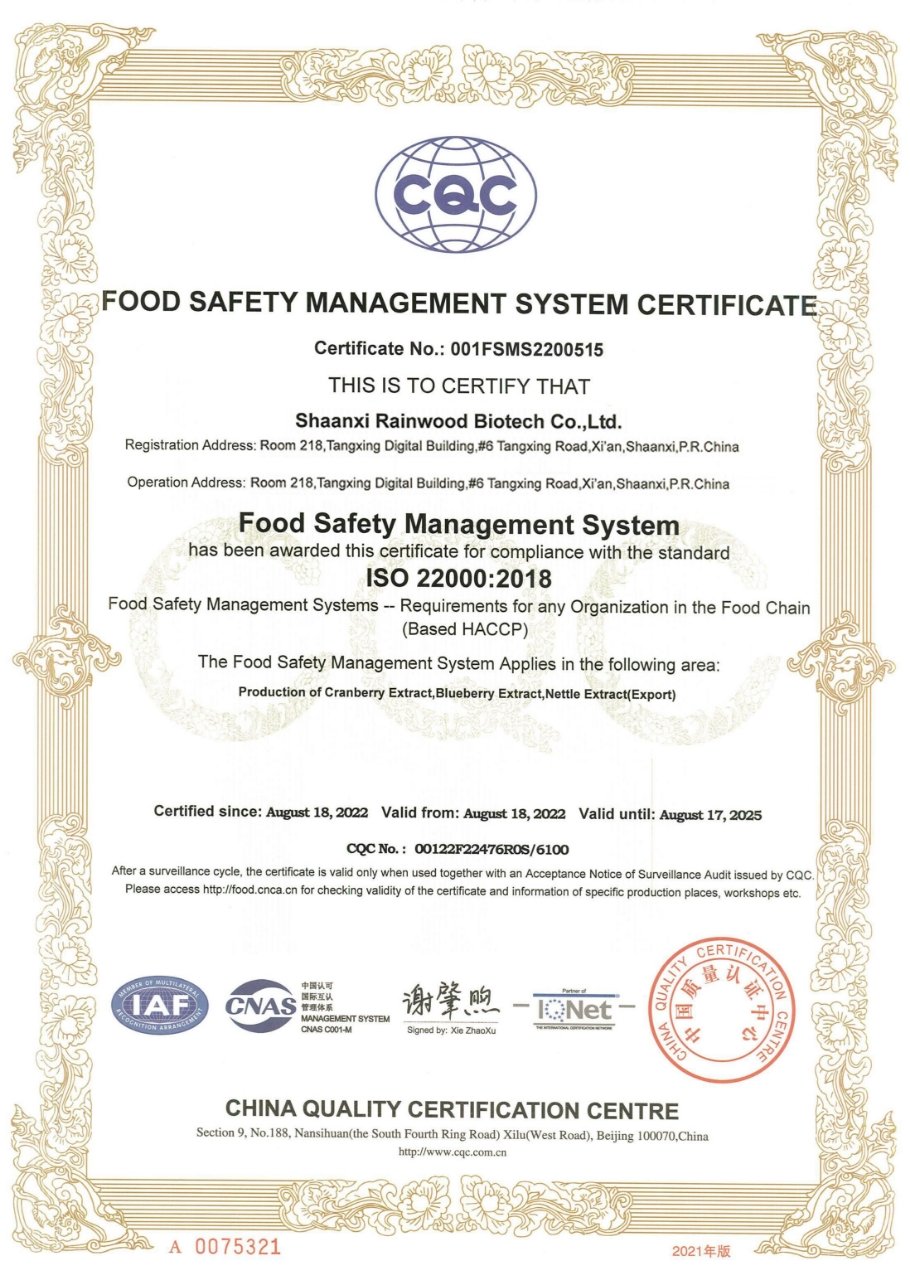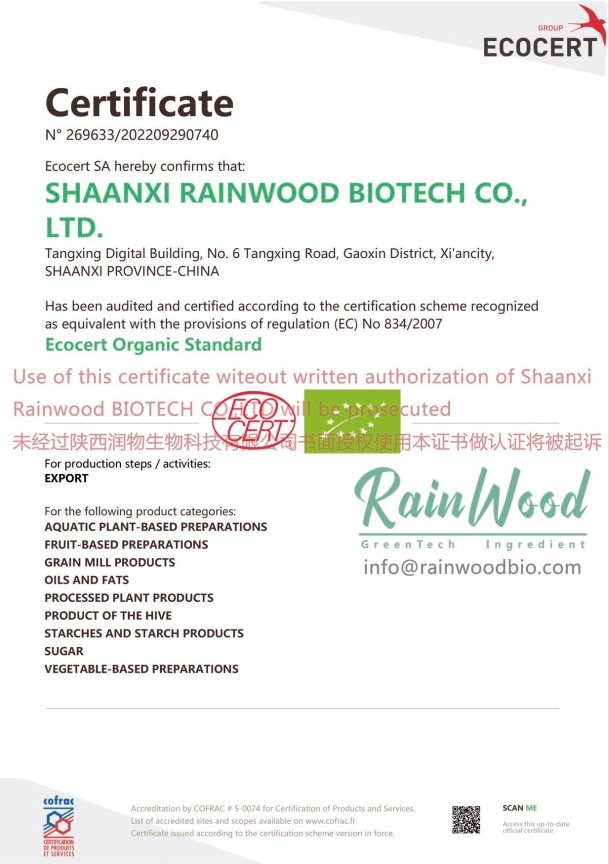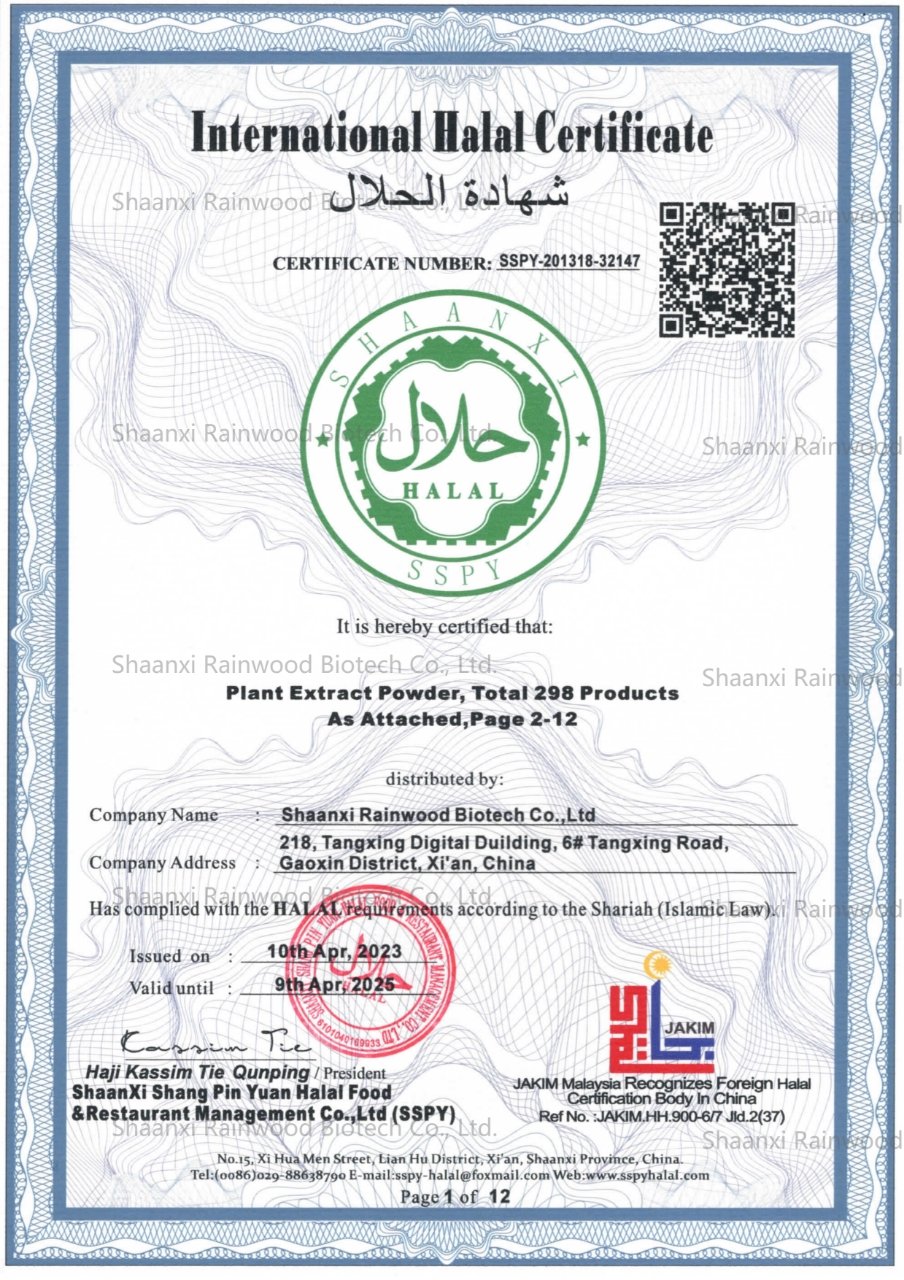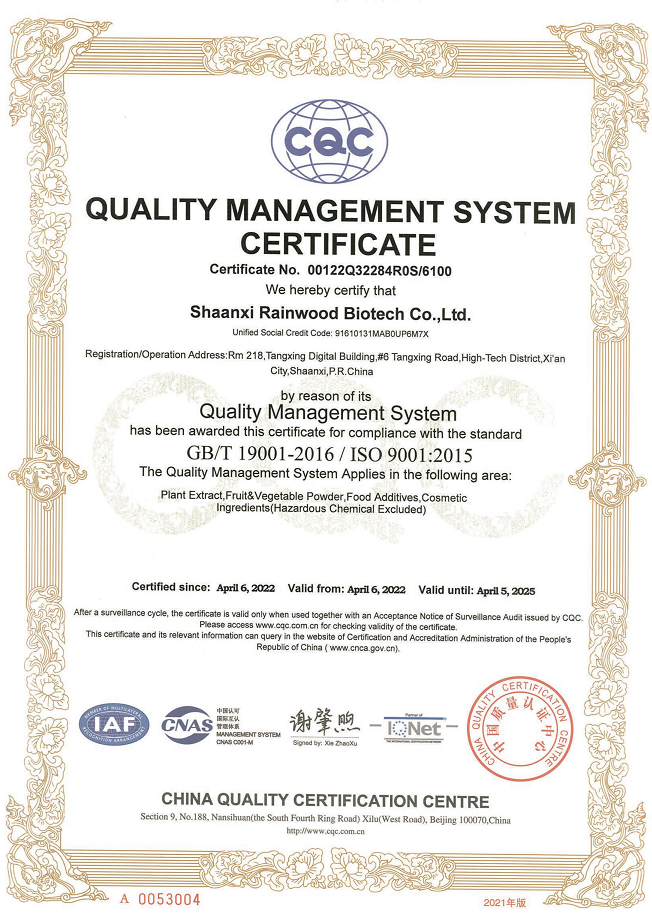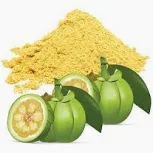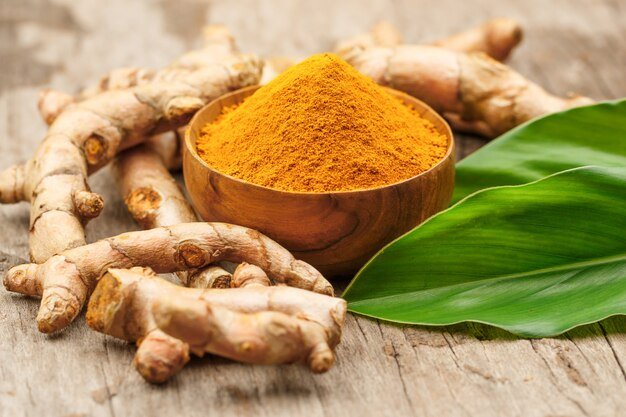Understanding Pine Pollen
Pine pollen, the male fertilizing component of various trees, flowering plants, and grasses, is renowned for its grainy and powdery texture. Derived from diverse species of pine trees like Masson’s pine, Chinese red pine, and Scots pine, it is available in dietary and health supplements in powder, capsule, or tincture forms.
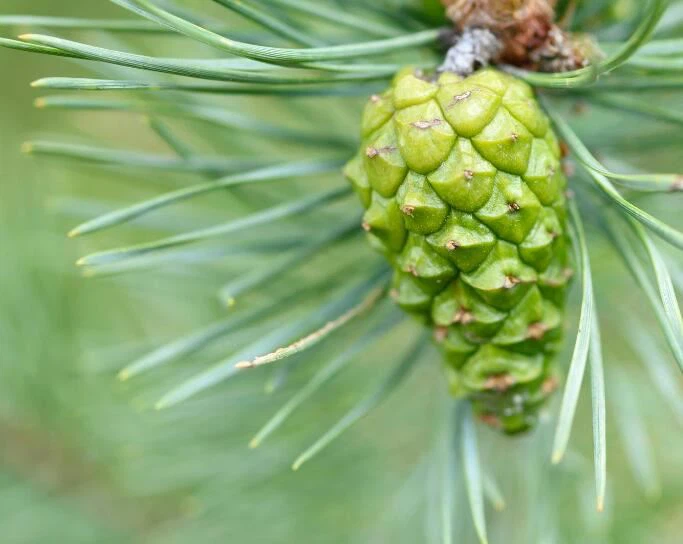
Nutrient-Rich Composition
Pine pollen boasts a rich nutritional profile, encompassing proteins, fatty acids, carbohydrates, minerals such as calcium and magnesium, and vitamins including B vitamins and vitamin E. Although human studies on its dietary supplementation benefits are limited, research indicates its potential as a fiber supplement, promoting increased stool weight and water content.
Anti-Aging Properties
Studies suggest that pine pollen exhibits anti-aging effects by delaying replicative senescence in human cells and preventing memory errors in mice. Its antioxidative and anti-inflammatory properties contribute to cellular health and neurological activity, potentially mitigating age-related decline.
Antioxidant Potential
Pine pollen demonstrates substantial antioxidant activity, comparable to control antioxidants, thereby protecting cells against oxidative damage. Moreover, it exhibits anti-inflammatory effects, reducing inflammation markers in stimulated cells and safeguarding against liver damage induced by toxic compounds.
Testosterone Enhancement
Notably, pine pollen from Scots pine contains testosterone, prompting its use to augment testosterone levels. Although its efficacy in this regard lacks scientific validation, anecdotal evidence suggests its potential in testosterone modulation.
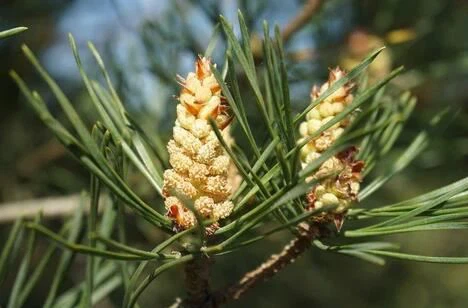
Health Condition Management
Preliminary research indicates the efficacy of pine pollen in managing various health conditions. In animal studies, it attenuated arthritis symptoms and inflammation, while in cultured liver cancer cells, it arrested cell division, showcasing potential anticancer properties.
Nutritional Richness of Pine Pollen
With its abundance of essential minerals, amino acids, and vitamins, including vitamins A, B-carotene, B1, B2, B3, B6, folic acid, vitamin D, and vitamin E, along with essential minerals like calcium, copper, iron, manganese, magnesium, molybdenum, phosphorous, potassium, selenium, silicon, sodium, and zinc, pine pollen stands as a nutrient powerhouse.
Considering Potential Side Effects
Despite its myriad benefits, pine pollen may trigger allergic reactions akin to hay fever, manifesting as itchy eyes, runny nose, and coughing. Severe allergic responses resembling anaphylaxis are also possible, necessitating prompt medical attention.
Enhanced Sleep Quality and Cholesterol Reduction
Pine pollen’s calming and sedative compounds contribute to improved sleep quality, while its extract has demonstrated efficacy in reducing LDL cholesterol levels.
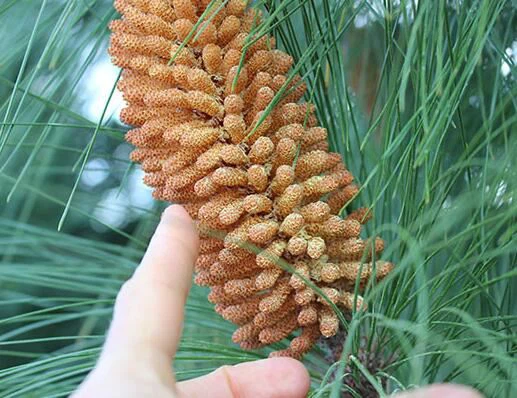
Conclusion
Pine pollen emerges as a promising natural supplement, offering a plethora of health benefits, including antioxidant, anti-inflammatory, and potentially testosterone-boosting properties. While further research is warranted to elucidate its therapeutic potential comprehensively, its rich nutritional composition underscores its value in promoting overall well-being.
For bulk Pine Pollen Powder, please contact us at email: info@rainwoodbio.com
References:
https://www.healthline.com/health/pine-pollen#uses
https://chocolita.com/blogs/news/5-reasons-why-pine-pollen-is-healthy-for-everyone
https://acaai.org/allergies/allergic-conditions/pine-tree-allergy/








